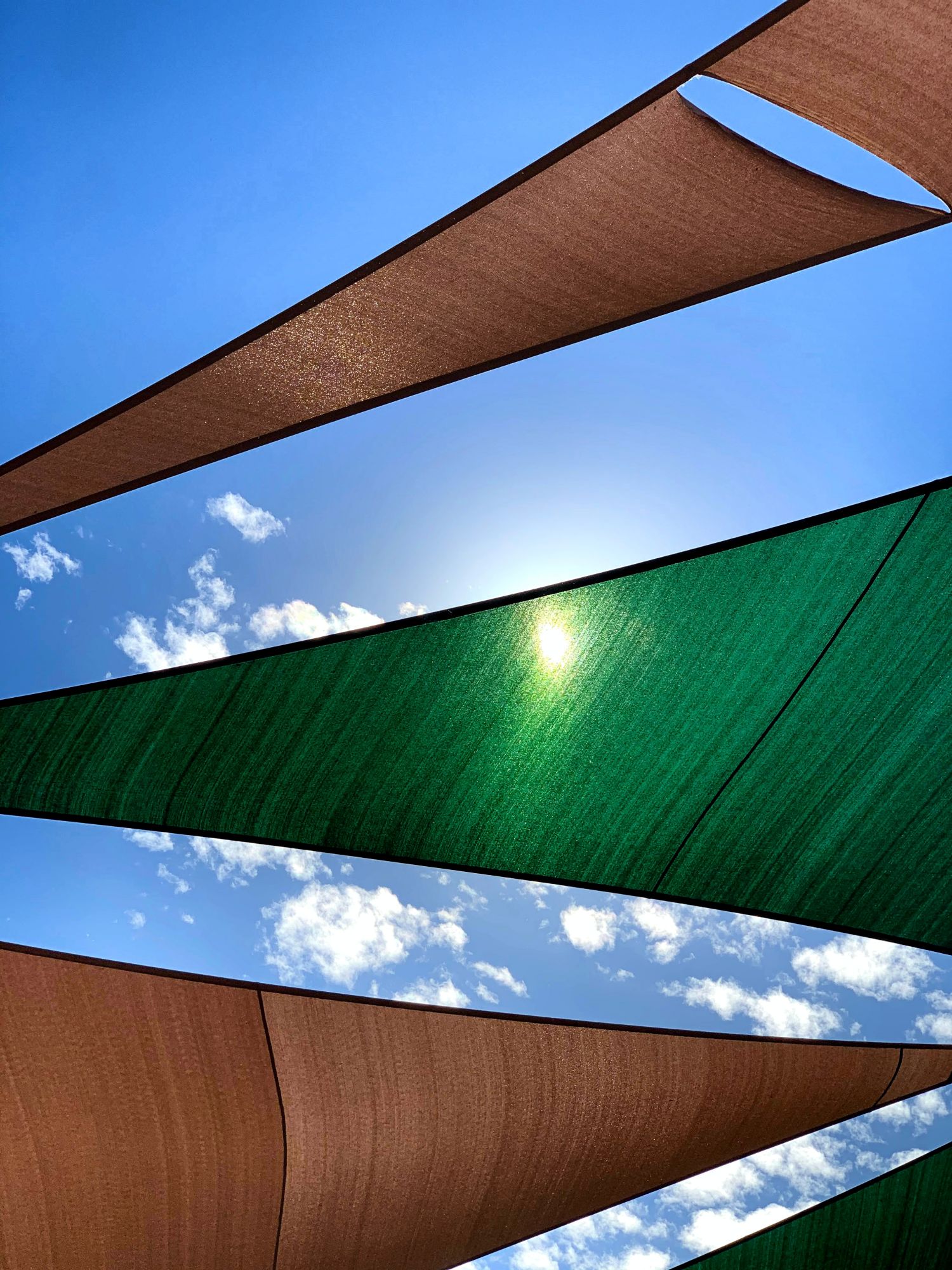Our vision
Climate change, growing urbanization, ever-increasing stress on resources, social change: these are the challenges facing our industry, and they guide our efforts to implement innovative, efficient solutions in the act of designing, building, operating and living in buildings.
Kardham devotes just over 2% of its gross margin to innovation and R&D, focusing on 3 main areas :
- Sustainable development and the environmental performance of our projects
- New ways of working / Workplace
- Smart building and digitalization of workspaces
We rely on collective intelligence, mobilizing our in-house expertise and our partners to acculturate, invent new spaces and explore new value-creating uses in a unique way for each project:
- Our integrated business organization and our various areas of expertise
- A rich external ecosystem with which to co-innovate: public and private research organizations, start-up gas pedals; active monitoring through think-thanks and dedicated trade shows...
Our areas of innovation

Sustainable development & environmental performance
We design projects integrating low-carbon, mixed and bio-sourced construction systems and materials, or adopting a bioclimatic approach.
For example, our Architecture and Space Design divisions designed the building for the Institut de Radioprotection et de Sûreté Nucléaire (IRSN) with bioclimatic architecture: simple volumes, thermal efficiency, North-South orientation, effective and adapted solar protection…
To anticipate future energy risks and control costs, we offer solutions for diversifying energy resources, to advise, design and build buildings that produce renewable energy, integrating solutions such as photovoltaic, solar thermal, geothermal, recovery of industrial waste energy, or integration of heat pumps.
For example, our architects and engineers designed the Belvédère, a positive-energy, low-consumption building.

New ways of working
Rethinking work to better rethink spaces and understand the relationship between people and their work environment.
Evolving working practices are overturning the traditional codes of the office environment. The challenge is to find the perfect balance between space optimization, organizational performance and employee commitment.
Our R&D team, made up of researchers from a variety of disciplines, leads our Prospektive section and conducts studies that enable us to diagnose existing conditions and project concrete scenarios.
These studies are based on qualitative and quantitative scientific methods.
We have a number of theses that question the market and practices, for example:
- How are major companies thinking about their location strategy in a context of post-health crisis telecommuting development?
- How can the data generated in an office building be used to optimize the building and its uses?
- How can the new uses and needs of student populations be translated spatially?
These forward-looking reflections are also organized around the Club Kardham, which is renewed every year and involves Group experts, partners and customers in imagining tomorrow's working environments.

Smart Building & Digitalization of workspaces
Intelligent control of equipment to bring comfort and control to buildings.
By connecting and securing its equipment, and making the most of the data collected, Kardham Digital makes commercial buildings intelligent: they gain greater control over their impact and become more efficient.
We implement a BOS (Building Operating System), the building's nerve system, responsible for collecting, processing and redistributing all usage and building data. It is the key component in the digital architecture of buildings, guaranteeing a high level of performance and providing a wide range of services to occupants: room reservations, parking, occupant services, etc.
Intelligent buildings enable companies to reduce operating costs and optimize energy resources, while offering their teams the best possible working conditions, through Smart Workplace solutions.
The mission of Kardham Digital's R&D department is to identify, qualify and implement procedures for deploying the connected objects organizations need.
These objects feed the smart building technologies developed by Kardham Digital, and in particular the software platforms that control the building's active equipment (access, ventilation, lighting, water supply, air quality) in coherence with data from digital applications supplied to occupants (room reservations, parking, occupant services).
Our partnerships
ULI - Urban Land Institute
Kardham is a member of the Urban Land Institute, whose mission since 1936 has been to shape the future of our urban and real estate environment, with the aim of transforming communities worldwide.
ULI France shares this mission by connecting with public and private sector players across the country, and organizes numerous events focusing on sharing pragmatic expertise that fosters land use education.
ANRT
Kardham is a member of the French National Association for Research and Technology (ANRT), which brings together public and private players in research and development in France. Its aim is to help improve the efficiency of the French research and innovation system, and in particular public-private relations.
Novabuild
The Pays de la Loire association brings together over 400 players in the construction (building and public works), real estate and development sectors. It is both a cluster and a resource center for sustainable construction, in line with the momentum created by the Grenelle Environment Round Table. A "Transitions Accelerator" until 2019, then a "Climate Solutions Ally", NOVABUILD is now positioning itself as the association of "builders of cooperative ventures for the living".
Low-carbon prescribers hub
The Hub is a collaborative platform supported by the French Institute for Building Performance (IFPEB) and Carbone 4, aimed at contractors in the construction and real estate sector, based on existing projects.
Following initial work on decarbonizing architectural and technical packages, as well as thematic briefs, the Hub's current work focuses on low-carbon renovation, with the aim of providing input for future regulatory changes.
Latest news
